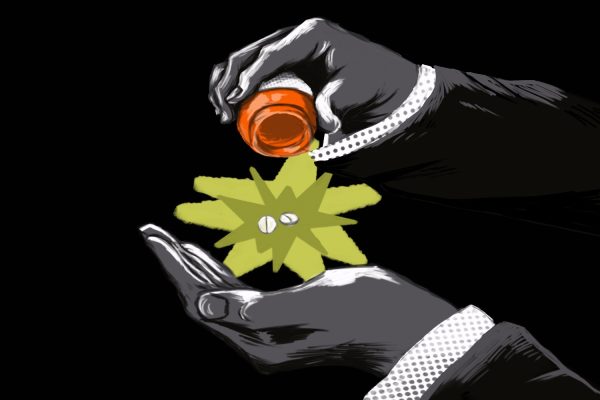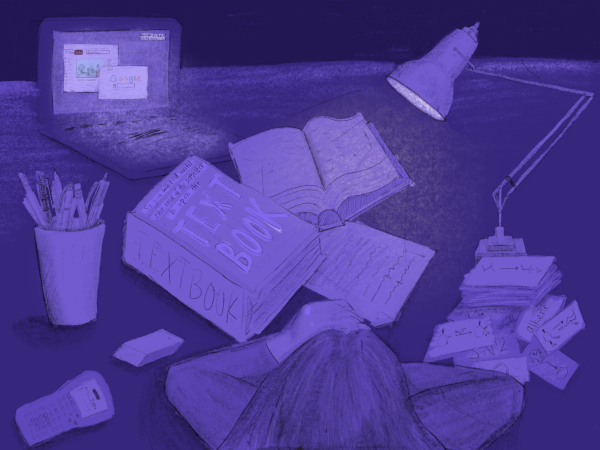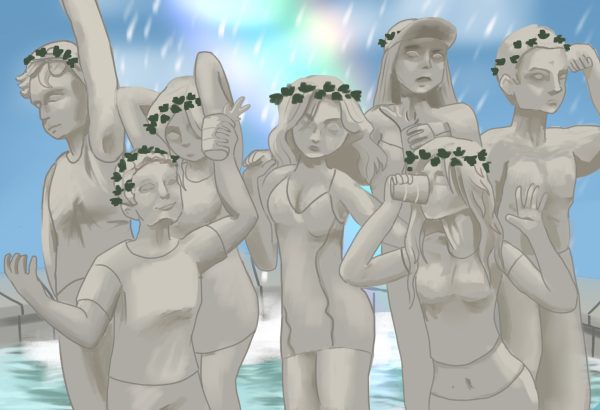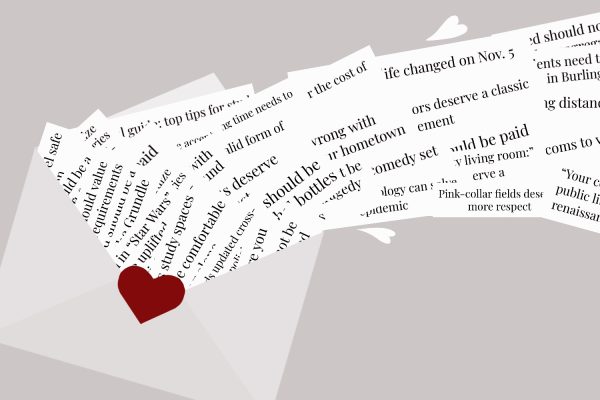Wrap up the covers
Acoustic covers of rap songs need to stop being a thing. Why? Allow me to explain.
Music is a universal language.
One can listen to tracks from vastly different artists speaking many tongues and still receive an incredibly enjoyable experience.
However, with the invention of rap, a line was drawn to a point where lyrics were what mattered most, above melody and songwriting.
Classic songs by N.W.A. and Public Enemy had little to no tune at all, and that was for a reason.
Hip-hop was created in part as a means to defy traditional pop and rock traditions.
It was this musical rebellion that gave rap some of its danger and edg.
Factors, which admittedly over time, have diminished as pop has merged with rap.
Eminem is not necessarily making Òhip-hopÓ songs any more Ð why else would he feature Rihanna on a track?
Despite this combination, rap contains something vibrant and poetic.
It goes to the extent where even a Ludacris or T.I. verse on a pop song can feel cool and daring.
Shoot, even 2 Chainz has charisma. What does not have charm though is acoustic covers of rap songs.
Take, for example, popular YouTube videos with Caucasians turning G-lyrics into songs like ÒLove SosaÓ by Chief Keef or ÒN****s in ParisÓ by Kanye West and Jay-Z into actual melodic songs.
Sure, it takes a mild amount of creativity to craft a tune to go along with these lyrics.
If one owns an acoustic guitar, they can find some way to create a little four-chord pattern or E-string-picked ditty to accompany it.
In addition, IÕm sure the market for these covers is quite large.
In 2004, the Philadelphia Inquirer reported that Ò70 percent of the paying (and downloading) hip-hop audience is white kids living in the suburbs.Ó
That statistic may not be 100 percent accurate at the moment, but the prevailing mode of thought has been that while primarily African-Americans are the ones that perform rap music, whites are the ones that mainly buy it.
So Ð what if the music could get ÒWhite?Ó
What if, through collaboration with Western pop music sensibilities and the intertwining of the acoustic guitar, a Frankenstein monster of caucasian appeal could surface?
Enter: acoustic covers of rap songs, dressed in American Apparel and holstering a moderately-priced Taylor acoustic guitar that some teen bought from their local Guitar Center.
Fans of this music, listen to me loud and clear.
You are enjoying a niche genre of music that is deliberately dorky and safe.
Other Caucasian-dominated types of music have taken hip-hop and brought it in to gain a wider fan base.
Does anyone remember Framing Hanley? They were the group that could not get any radio play until they made a corny pop-punk cover of LilÕ WayneÕs ÒLollipop?Ó I didnÕt think so.
As someone who really loves hip-hop and rap and the magic of the genre, I would like to conclude by merely offering to all of you who enjoy this kind of music to please listen to actual hip-hop.
The music is so much richer when itÕs in its original, raw form.






